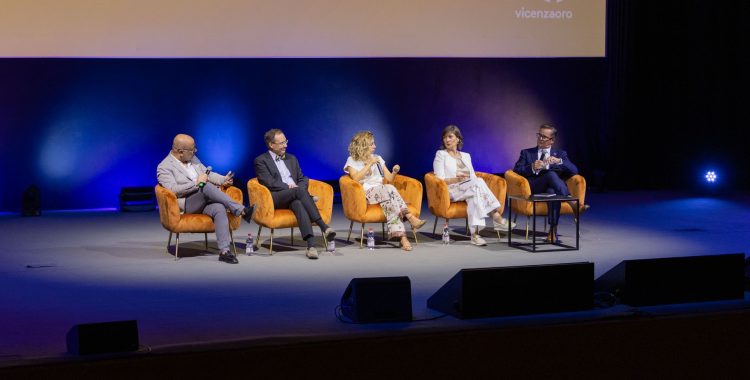Responsible sourcing is central to ensuring that businesses deliver on one of their fundamental obligations: respecting human rights and protecting the environment.
The Foundation First: Your Own Operations Matter Most
Responsible sourcing operates within established international frameworks and industry standards (the OECD Guidelines for Multinational Enterprises, the United Nations Guiding Principles for Business and Human Rights, and their accompanying guidance documents). When supply chain actors, such as refiners, develop policies and processes for managing risk in their supply chains, they're operationalising these international rules and guidelines.
However, before turning their attention to supply chains, companies must first examine their own operations. This includes areas under their direct control and influence, such as tier 1 upstream and downstream business relationships.
The True Intent: Systemic Improvement, Not Just Risk Elimination
Governments created these international frameworks to benefit their nations and economies, with a crucial recognition at their heart: we cannot completely eliminate risk. Attempts to eliminate all risk often result in companies keeping themselves "clean" while failing to improve the broader system.
The objective extends beyond helping individual businesses look and feel good. These frameworks aim to help companies leverage their business relationships to elevate entire systems and drive progress forward. This philosophy places continuous improvement and strategic leverage building at the core of responsible sourcing, embodying principles like "know your counterparty" and "empower your counterparty."*
Trust: The Foundation of Sustainable Business
Trust forms the bedrock of all business, particularly in jewellery and minerals. However, maintaining trust requires offering something meaningful to stakeholders and extending beyond immediate business partners to the broader community of affected parties.
Mining projects worldwide face increasing delays and opposition, from Europe to Latin America and beyond, mainly due to the legacy of poor practices. Even large-scale mining companies, generally perceived as lower risk, sometimes fall short of expectations. The reality is that no organisation is perfect, and businesses must be comfortable operating within acceptable risk levels while working to build trust.
Beyond Due Diligence: Building Community Trust
Conducting due diligence on a business partner’s conformance with the OECD Minerals Guidance isn't enough for success in sustainability. If local communities and stakeholders aren't supportive of mining operations, the fundamental sustainability mission has failed. This reality demands broader thinking, deeper questioning, and strategic leverage-building throughout supply chains.
When an abuse occurs at a mining or processing operation, the established guidance advises against immediately disengaging. Instead, learn more, assess whether different approaches could have prevented the issue, work toward remedy, and move forward constructively. While responsibility for remediation may vary based on the nature of the connection to the issue (causal, contributory, linked), being in business with someone creates an obligation to understand that relationship and respond appropriately in partnership.
The Art and Craft of Due Diligence
Effective due diligence transcends policies and procedures: it requires artistry and craftsmanship. When due diligence serves only self-protection rather than broader improvement, it fails to achieve genuine responsible sourcing. Checking boxes isn’t enough; responsible sourcing is about mutual empowerment through information exchange and joint mitigation planning and support.
From Cost Centre to Value Generator
While companies understandably approach precious metals value chains from a risk management perspective, as this approach is legally mandated under regulations like the US Dodd-Frank Act and EU Conflict Minerals Regulation, viewing responsible sourcing purely through a risk lens creates limitations.
A compliance-led approach typically treats responsible sourcing as a cost centre, compelling the business to seek to minimise its expenditure. When responsible sourcing is seen as an obligation, businesses miss an opportunity to capture additional commercial value. The benefits extend well beyond market differentiation, though that remains one possibility. Responsible sourcing builds supply chain resilience and can generate value through multiple channels that many businesses fail to explore while focusing exclusively on compliance requirements.
Our CEO and Founder, Estelle Levin-Nally, shared these insights during a panel discussion at Vicenza Oro.
* Thanks to Alice Vanni of Italpreziosi for this way of naming the evolved and responsible disposition to supplier and customer engagement.



